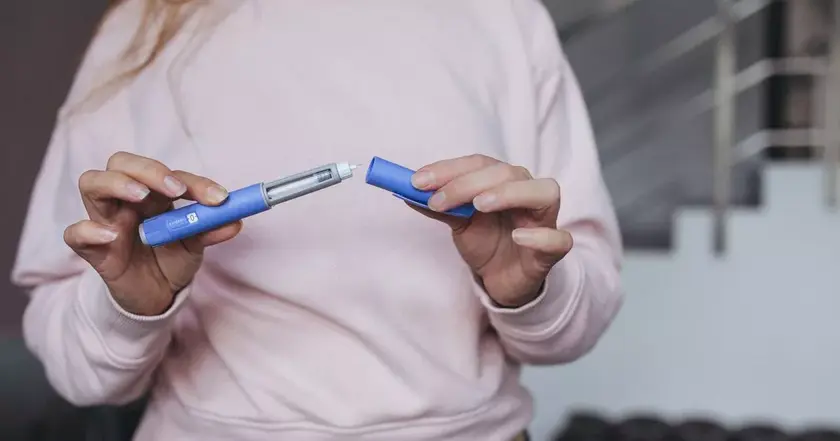T4K3.news
Weight loss jabs missteps may limit results
Experts say these drugs work best with lifestyle changes and proper use. Rotate injection sites and stay hydrated.

A UK overview shows GLP-1 injections work best when paired with proper use and lifestyle changes.
Fat jab mistakes blocking weight loss and simple fixes
In Britain, injections like semaglutide and tirzepatide are widely used for weight management and type 2 diabetes. Studies show that a portion of users do not respond to treatment, and experts say these drugs are not magic. Access to the medicines follows NHS pathways that vary by region and patient profile, often tied to BMI and health conditions. The drugs work by reducing appetite and slowing digestion, but success depends on how people use them and how they live day by day.
A practical guide highlights common missteps that can blunt progress. Key issues include not priming the injection pen correctly, injecting into the same spot, skipping meals, choosing the wrong foods, not staying hydrated, lacking regular exercise, and stopping treatment too soon. Health professionals stress the importance of balanced meals with adequate protein and fiber, consistent hydration, and steady activity to support sustainable weight loss.
Key Takeaways
"GLP-1 medications can be powerful tools for weight loss, but they’re not magic."
Kirsten Davies on the limits of these drugs
"Weight loss injections need time to build up in your system."
Dr David Huang on onset of effects
"Don’t chase weight-loss treatments with burgers and expect miracles."
Mital Thakrar on diet quality
"Stopping medication too soon can undo health gains."
Mr Thakrar on rebound risk
The article points to a core tension in modern weight management: drugs can aid change, but they do not replace the habits that keep you healthy. Public interest in rapid results collides with policy concerns about cost and fair access, especially as NHS guidelines ration who gets treatment. Policymakers face a delicate balance between helping many people and managing budgets, while the public reacts to reports of winners and losers in access.
Education emerges as a key missing piece. Without clear guidance on how to pair injections with nutrition, hydration, and exercise, patients may feel misled when results stall. The piece argues for patient‑centered care and stronger clinician guidance so these medicines support a lasting shift in behavior rather than a quick fix.
Highlights
- GLP-1 meds aren’t magic pills
- Real change beats a quick fix every time
- Hydration and protein keep progress on track
- Chasing miracles with burgers misses the point
Health policy and budget sensitivity around weight loss injections
The article touches on NHS eligibility and access to GLP-1 injections, which could become a political and budget issue if demand grows or hinges on regional rationing. Public reaction to perceived unfairness or cost could trigger controversy and push for policy changes.
The best results come from a thoughtful blend of medicine, nutrition, and daily activity.
Enjoyed this? Let your friends know!
Related News
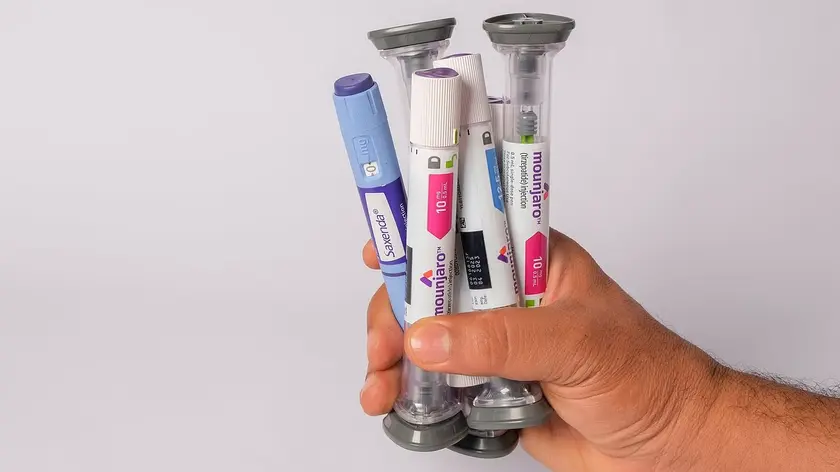
Weight loss drugs entering a new era
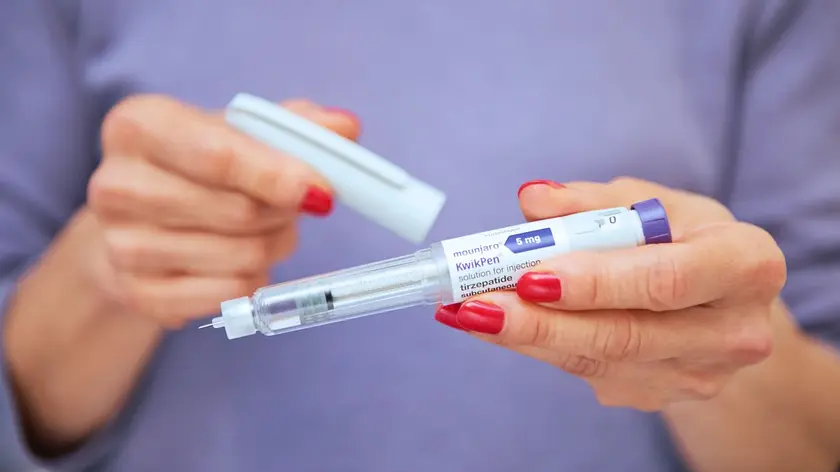
Patients face challenges in accessing Mounjaro and Wegovy on the NHS

Weight loss drug raises mental health alarms

Liver cancer cases could double by 2050

Weight loss pill nears NHS rollout
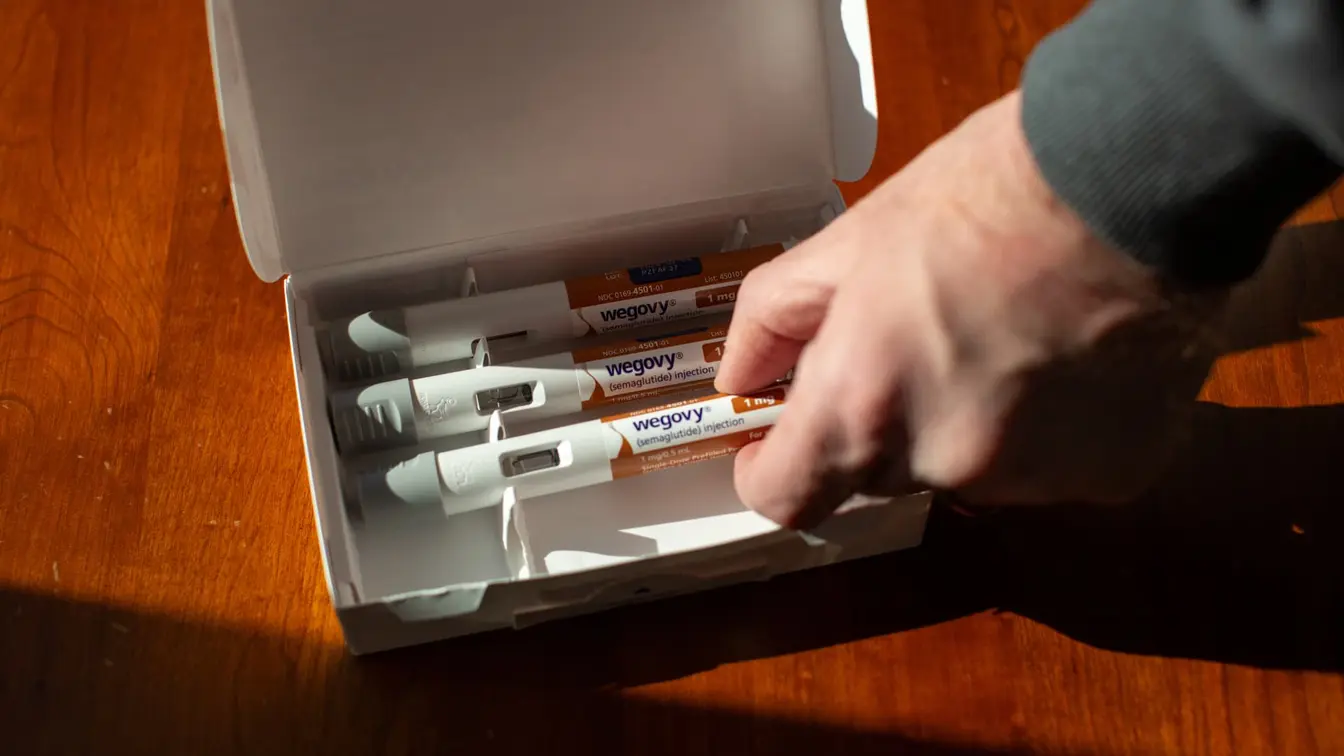
GLP-1 drugs show potential for PCOS treatment

Hair loss linked to weight loss jab raises concerns
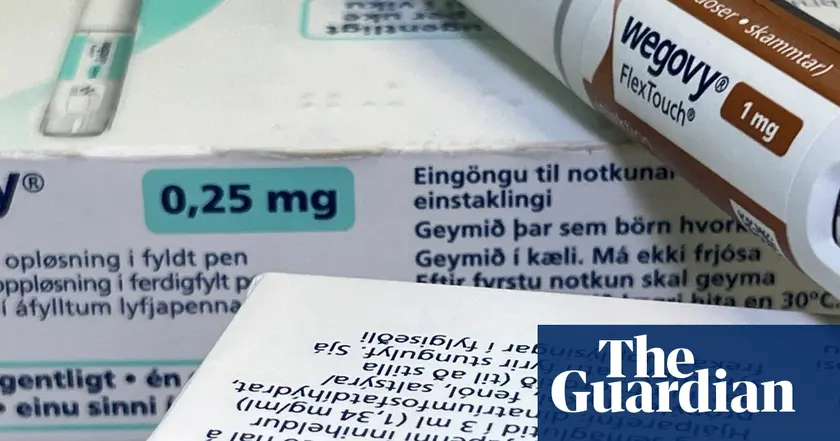
Demand for weight loss drugs exceeds supply in the UK
